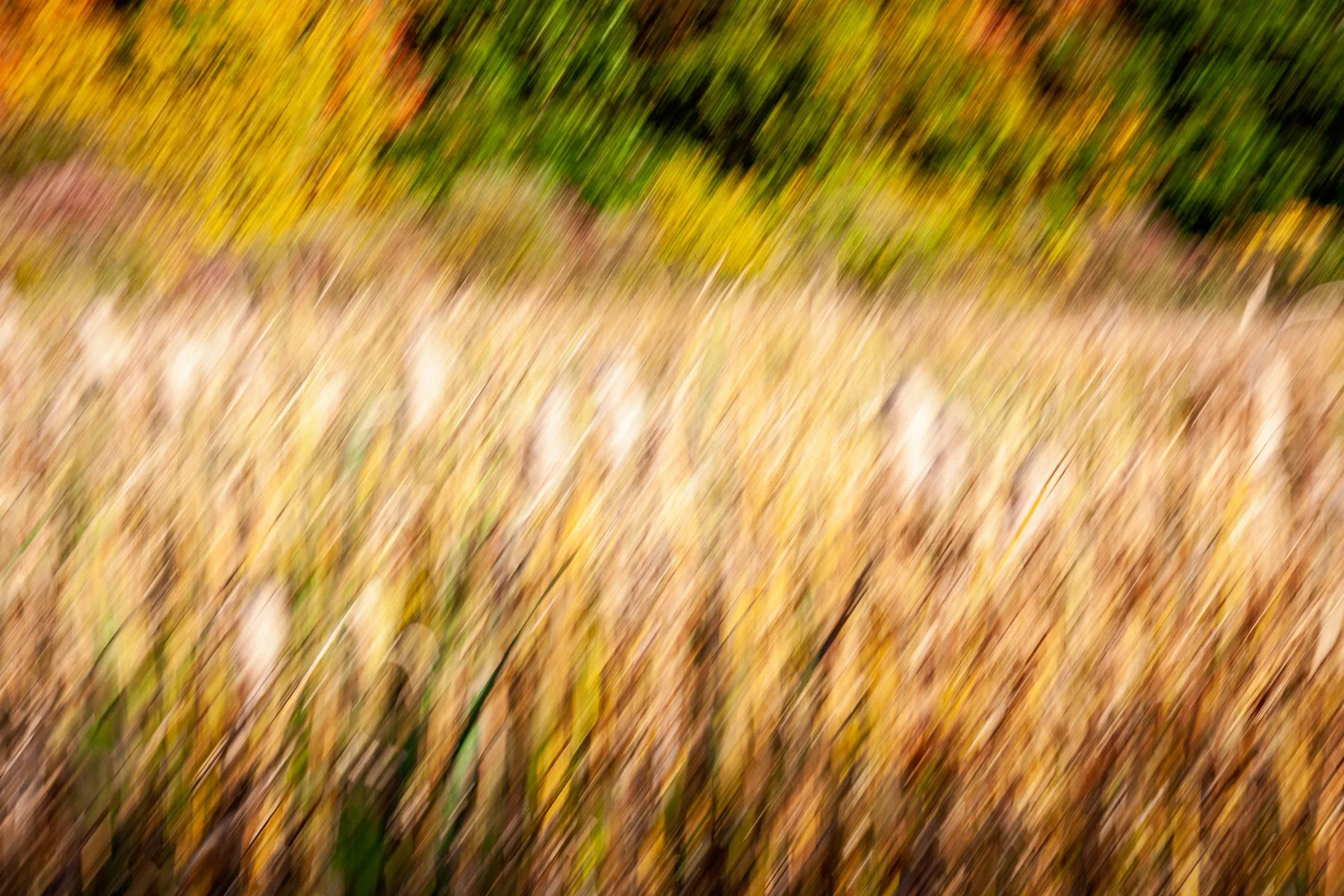Gallery One Featured Artist Interview with Victor Filepp
G1: Your photographs are often monochromatic and have a moody atmosphere. How do you select subject matter for this style?
VF: Typically, I don’t begin with a preconceived idea. When in the field if the scene, or some composition within a scene, is appealing I will shoot it. Later, in the digital darkroom I make determinations about how to best use an image, or sometimes a portion of an image. I’m old enough now that my memory of getting a bunch of black and white images back from a film shoot and it seems nostalgic. I grew up with it. But the decision to make a monochrome image almost always comes later since all RAW images shot with a digital camera are color. RAW images are basically the raw data that comes from the camera. Many times, I find that I can make the images portray what I find appealing about them better in monochrome.
G1: Your images frequently focus on the man-made and natural world in decay. What attracts you to this subject matter?
VF: Some geologists say that we have entered the Anthropocene era with the commencement of significant human impact on Earth's geology and ecosystems and climate change. This relates to photography to some extent because many photographers use the medium to document the entropy of the built environment. There is the curiosity factor, and it can be fascinating to explore abandoned sites. There is also nostalgia for those who may have some connection to a time or place. These images can be captivating, even beautiful, and inform us of situations that might best be addressed; much like conflict photographers who hope that depicting war will help dissuade people from engaging in it.
G1: What role does experimentation play in your artmaking?
VF: I see my work in the dry darkroom as very experimental. I had no experience in wet darkrooms and so entered this part of photography with no set ground rules. Everything was an experiment. How do I do this or that? Is it a good idea to take one approach or another? It is like “beginner’s mind” and when we don’t know, there are no limits or wrong ways. This allows me to push the limits of the medium and offers more creative solutions. I’m a person who learns by doing, so if I’m not experimenting I’m not learning. Frankly, there is so much to learn about working with photography that I don’t see an end in my lifetime.
G1: How does spending time in nature influence your work?
VF: I find it hard to gauge the effect of being outdoors with the practice of photography. To some extent the considerable time I spent outdoors wondering in the woods and fields had an influence. Watching the changes in both the built and natural environments over my lifetime has become a cause for grave concern and influences the subject matter I’m drawn to. Our nation has built so much with little consideration for the natural environment and what is destroyed with development. It seems like the US and many nations have turned a blind eye to what we have wrought and the environmental damage. Can picturing either the destruction or the remaining beauty cause people to act in our best interest? Maybe photographs can tell the story and offer a bit of nudging.










